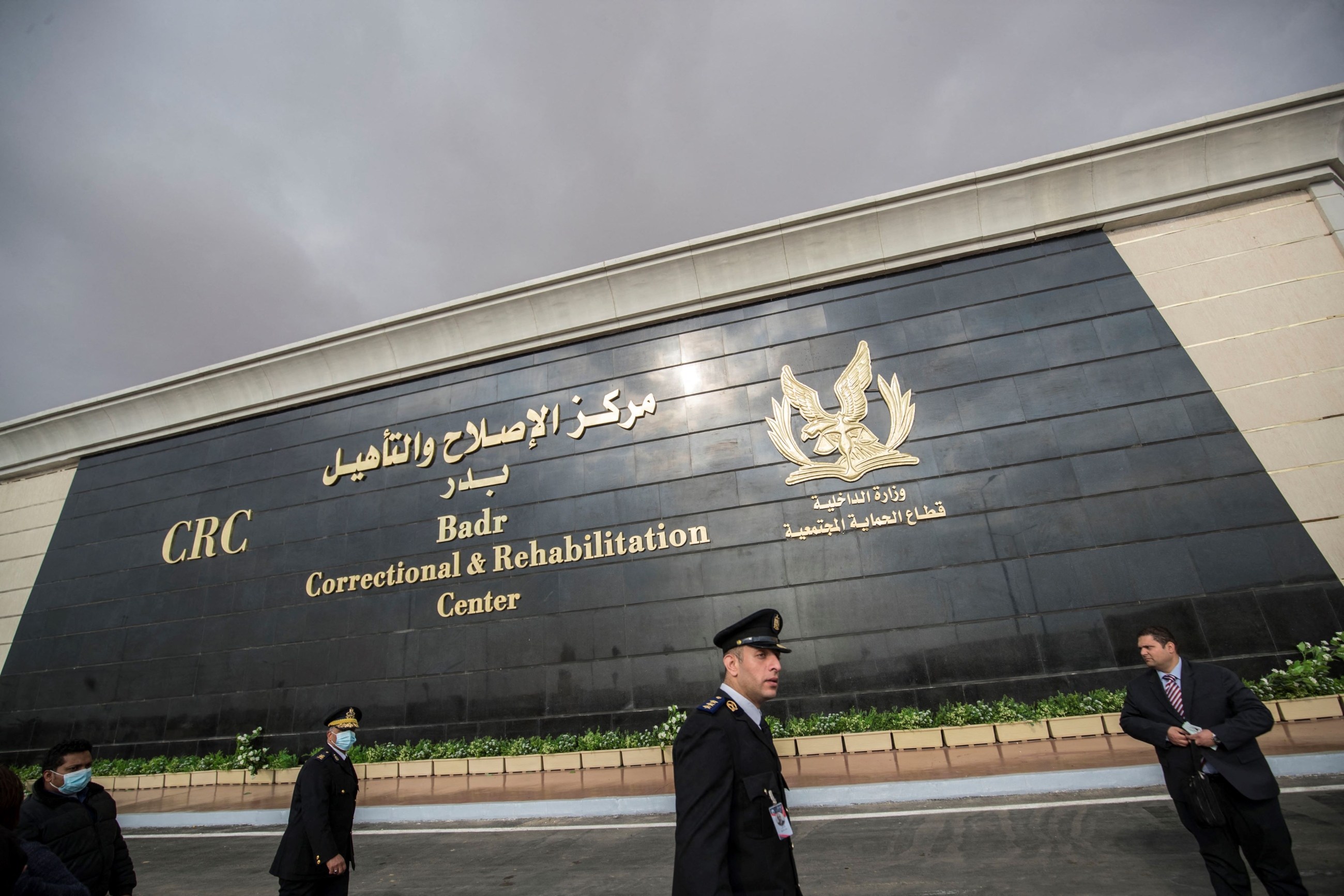Egypt: Widespread torture amounts to 'crime against humanity'

Torture in Egypt is so widespread that it constitutes a crime against humanity, a groups of NGOs warned on Monday.
Egyptian and international NGOs submitted a detailed legal analysis as part of a report to the UN's Committee Against Torture, ahead of its review of Egypt’s record under the UN Convention against Torture.
According to the NGOs, torture is "systematically perpetrated" by the Egyptian police and members of the National Security Agency, as well as throughout the country's prisons.
The report, titled Torture in Egypt: A Crime Against Humanity, cites Article 7 of the Rome Statute - which established the International Criminal Court - that states torture constitutes a crime against humanity when it is committed “as part of a widespread or systematic attack directed against any civilian population, with knowledge of the attack”.
It called on the UN Human Rights Council to establish an investigative body on the human rights situation in Egypt, tasked with monitoring, investigating, and establishing the facts and circumstances of torture as a crime against humanity in Egypt.
New MEE newsletter: Jerusalem Dispatch
Sign up to get the latest insights and analysis on Israel-Palestine, alongside Turkey Unpacked and other MEE newsletters
Since his rise to power in 2013, in a military coup against his democratically elected predecessor Mohamed Morsi, President Abdel Fattah el-Sisi has embarked on an unrelenting crackdown on dissent, targeting activists, journalists, and even TikTok influencers.
Human rights groups estimate that more than 60,000 people have been jailed.
Rights groups have repeatedly warned of abuse by the security forces, with Monday's report saying publicly available data on torture in Egypt established "a clear pattern of abuse" rather than "isolated acts of misconduct as claimed by the Egyptian government".
“Through successive regimes, the Egyptian government has employed torture as a political tool to curtail dissent," said Mohamed Lofty, executive director of the Egyptian Commission for Rights and Freedoms, one of the groups involved in the report.
"Human rights defenders, minorities, journalists, academics and opposition politicians have been disproportionately targeted as threats to the regime. State policy and laws, and rampant impunity, have perpetuated this cycle of torture.”
In 2020, the number of executions in Egypt tripled from the year before, making the country the third-most prolific executioner after China and Iran, according to Amnesty International.
Many of those executed have been described by rights groups as “prisoners of conscience”, detained due to their political opposition to the Sisi government.
Egyptian human rights groups and anti-death penalty activists have repeatedly called for a moratorium on capital punishment in the country.
Middle East Eye delivers independent and unrivalled coverage and analysis of the Middle East, North Africa and beyond. To learn more about republishing this content and the associated fees, please fill out this form. More about MEE can be found here.





